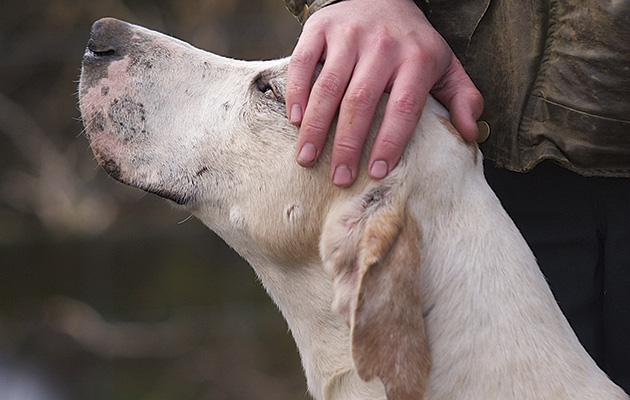Opinion
People often ask me about a career in hunt service. In considering my response to this question, there’s no denying the fact that hunting has changed an awful lot over the past 20 years. If you’re looking to make a fortune by working very few hours, a career in hunt service definitely won’t be for you. However, if your interests include hounds, horses, hunting and the countryside, there are few better ways of life.
Despite the obvious problems, including the political situation, I always find it very encouraging to see the amount of young people we still have showing interest in this career. One of the challenges we face is people feeling that the older generations have “seen the best of hunting”.
While this may ring true in some ways, I’m a great believer in the here and now. It’s our generation’s job to make the best of what we have. I have a one-year-old daughter now who is already showing a keen interest in ponies and hounds and I would certainly like her to have the chance to enjoy trail hunting, should she want to, in the future.
The old ways
While I’m always keen to encourage youngsters, I’m also careful not to hide just how hectic life can get in this role. Any pack that hunts two or three days a week as well as running a flesh round is always going to be busy.
Currently, there just aren’t the jobs out there that there were. Most people will now go straight into hunt service as a whipper-in with limited knowledge of kennels or how to handle a pack of hounds. Very few hunt staff now have the chance to start as kennelman, second horseman or even second whipper-in.
I was extremely lucky to have started my career in hunt service with one of the best professionals in the business. Tom Batterbee, a Yorkshireman and a true countryman, was huntsman of the Suffolk when I went there in 1990. He was “old school” but loved nothing more than encouraging young people and, more importantly, taking the time to explain the ins and outs of the job, both on the hunting field and at home in kennels and stables.
Most hunt staff will be talented either on a horse or with the hunting horn. They might work best with the hounds or have a good voice. Tom excelled in each of these areas. Working for him for a total of six seasons, both as kennelman and whipper-in, taught me an awful lot and I still value his opinions extremely highly to this day.
While there are some new and better ways of doing things, such as worming the hounds and pressure washing the kennels, generally speaking most kennel jobs are still best done in the traditional way. I’m a big fan of many of the old ways; I have always thought that the reason all of the old school huntsman kept the same jobs for 20 to 30 years was because they were good at it and knew what they were doing.
I strongly believe, like with many things in life today, we need to continue to learn and adapt with the times.
By maintaining the important hunting traditions and merging these with new ideas, we’re building strong foundations for a great future.
Ref Horse & Hound; 17 January 2019

